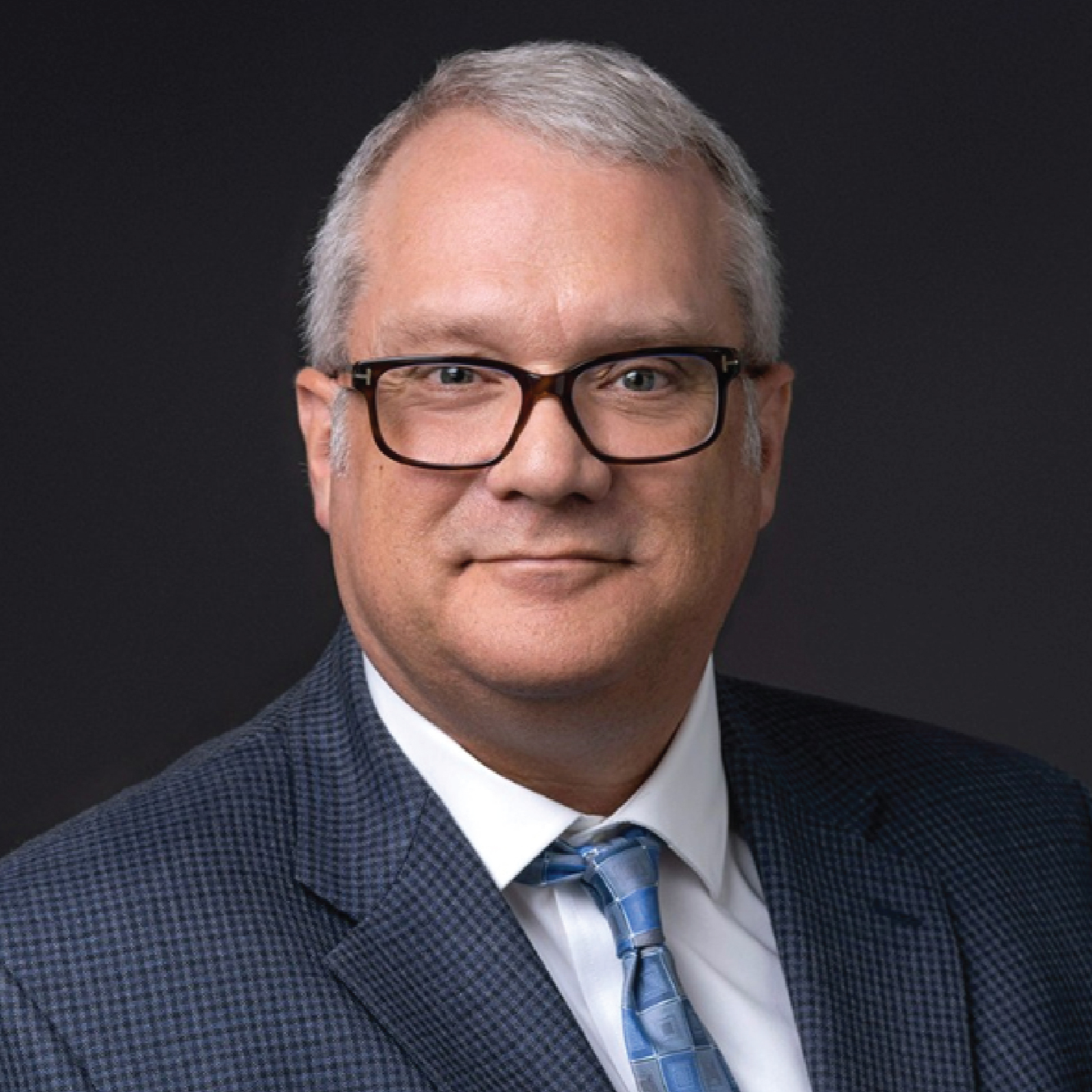AARP Hearing Center

For nearly eight years, Kip Corriveau has dedicated his life to caregiving. His days are not defined by the ordinary routine; instead, they are marked by the challenges and triumphs of providing care for his 88-year-old father-in-law.
Corriveau’s caregiving journey began when his father-in-law was diagnosed with dementia. Throughout most of his life, his father-in-law was very independent. Even at 81-years-old, he continued working until he began getting lost on his way to the family owned beverage store. As the disease progressed, he began experiencing language reversion. He uses his native language of Arabic more often, making communication with English-speaking doctors and care specialists increasingly difficult.
Corriveau and his wife take care of his father-in-law in their home. They’ve made accommodations in their home to support their caregiving needs. They’ve moved into a one-story home and have activated alarms and a hospital-type bed to make accommodations for his father-in-law’s safety. With all these additional efforts, he’s often faced the question “why is it best to keep him in your home?” With his background in the aging field, he understands the challenges of placing a loved-one in a long-term care facility.
“You’re still a caregiver even if your loved one is in a long-term care facility,” said Corriveau “You still need to make sure they eat and are cleaned, and you still need to check in daily.”
Corriveau was no stranger to helping others when he became a family caregiver. His career began with a focus in social work, managing family homeless shelters. He then moved into working in a faith based senior living company that managed skilled nursing facilities and assisted living facilities for seven years, even throughout the COVID-19 pandemic. During the pandemic, he handled all crisis communications and spoke directly with family members of the residents. More recently, he began working at his current role with 211 Tampa Bay Cares, where he manages senior and caregiver services.
Working full-time while being a family caregiver can be overwhelming. On one hand, there's the professional realm, where deadlines, meetings, and responsibilities beckon, requiring focus and dedication. On the other hand, the role of a caregiver demands a different set of skills—patience, empathy, and an unwavering commitment to the well-being of a loved one. Still, those caring for a loved one full time can feel exhaustion, without a chance to take care of themselves.
Respite care is essential,” he added. “When you’re a caregiver, there is no time off. Even having an hour to take a nap or go get groceries can make a huge difference.”
Respite care provides an invaluable opportunity for caregivers to recharge, both physically and emotionally. If you’re considering helping a caregiver in your life, approaching them with sensitivity and empathy is crucial when asking about their needs.
“Ask a caregiver when they need,” he shared. “It’s not always what you think. This creates a space for them to share without feeling pressured. Listening actively is key—allow them to express their thoughts and emotions.”
Corriveau’s personal and professional experience has translated into his work as an activist. He has a passion for government relations work, which is evident through his advocacy work with AARP. “AARP offered an opportunity to be involved in the legislative process,” he shared. “It is the best volunteering experience I’ve had,” and that resources including the Florida caregiving guides are helpful for him as a caregiver and for distributing to others. He has a passion for helping other caregivers and hopes that he can make a difference by advocating for caregiver-friendly employee policies.
Corriveau’s caregiving journey is a testament to the unwavering power of love and dedication. If you’re seeking caregiving resources, visit the AARP Florida Family Resource Guide.































































